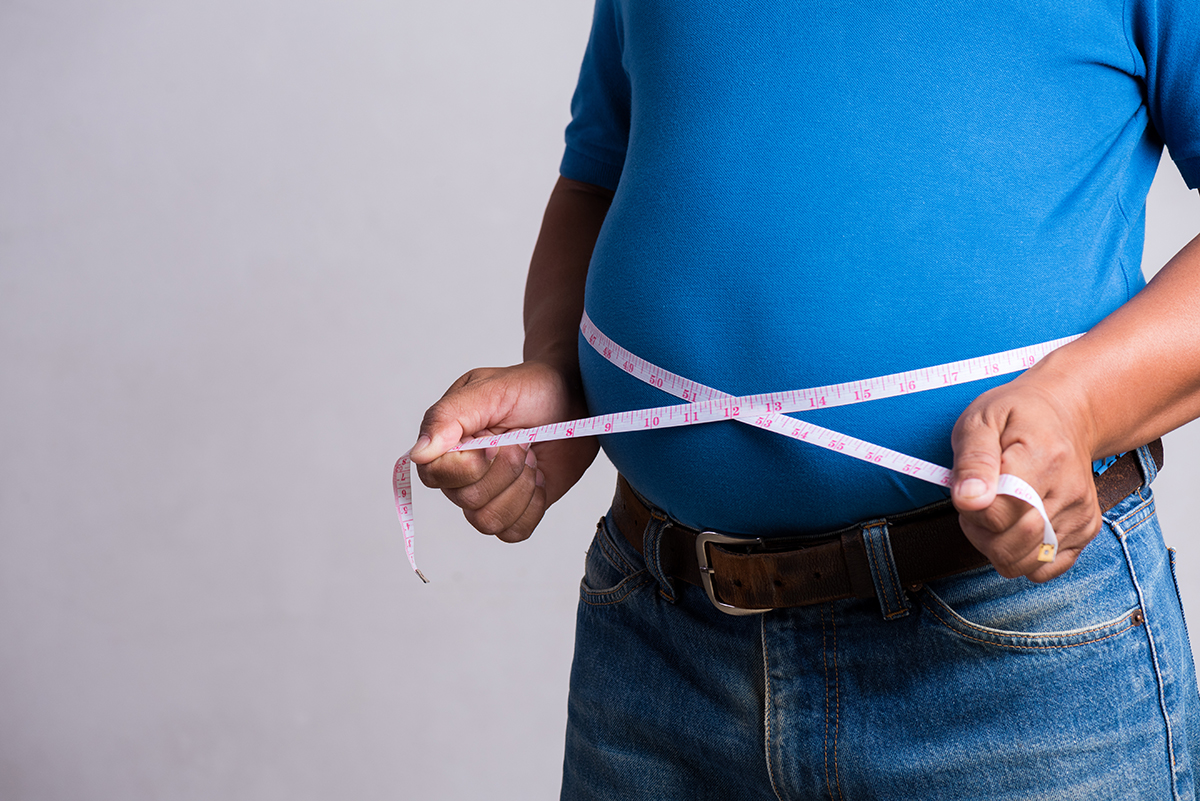Your weight is more than just numbers on a scale or the topic relatives love to broach at gatherings. It reflects your health like a mirror, and if you’ve been watching your weight slowly inch upwards, take note.
Extra weight gained may not always be glaringly obvious, but every kilogram you gain that goes beyond your recommended weight strains your body.
And yes, it shows indirectly through the state of your health – overweight and obese people are often met with a variety of health problems. They include high blood pressure, diabetes, stroke, sleep apnea and more.
Age is Irrelevant
When it comes to obesity, don’t assume that the younger you are, the less likely you will experience the negative health effects associated with it.
Obese young children often encounter effects like insulin resistance, fractures, breathing problems including asthma, and heart complications.
It can also affect a child’s self-esteem and emotional well-being. These children are also more likely to remain obese even as they transition into adulthood. They are also at risk of premature death and disability.
Causes of Obesity
Obesity does not happen overnight, and is likely to be caused by various factors. For example, childhood obesity is suggested to stem from their diet, physical activity, and sedentary behaviour.
It may also be influenced by factors like age, gender, genetics and metabolism. However, they may only cause a significant rise in obesity when combined with other environmental and behavioural causes.
Ways to Prevent or Manage Obesity
Being obese is not the end of the world. There are ways to manage it and even prevent obesity from happening in the first place – after all, prevention is always better than cure.
- Parental Influence
Children tend to learn from their parents’ own habits and behaviour. It is imperative to encourage your child to eat a variety of foods, especially those of healthy food groups.
Parents should also exhibit a willingness to try new foods and avoid being picky over food choices.
- Eating Habits
It is suggested that eating at home and with the company of others is linked to a lower intake of fat, and vice versa. Eating while bingeing on television shows may also be linked to a greater fat intake.
Eating quickly can also contribute to weight gain, as well as eating late into the night.
- Reduce Sugar and Snack Intake
High sugar intake is connected to an increased appetite and weight gain. Sugar may come from different sources, especially drinks. This includes soft drinks, juices, sweetened beverages like chocolate milk and more.
If you find yourself reaching out for your stash of unhealthy chips, biscuits, baked goods and other tidbits, this may also be why your pants are feeling tighter recently.
- Exercise
Exercise not to look good, but to maintain your health. Exercise can improve your heart and mental health, as well as reduce your weight – but only when done regularly and together with positive eating habits.
- Get It Professionally-Managed With a House Call Doctor
A house call doctor can provide effective obesity management. You can work together with your house call doctor for a thorough review of your lifestyle, behavioural and environmental factors to establish a solution to stick to.
